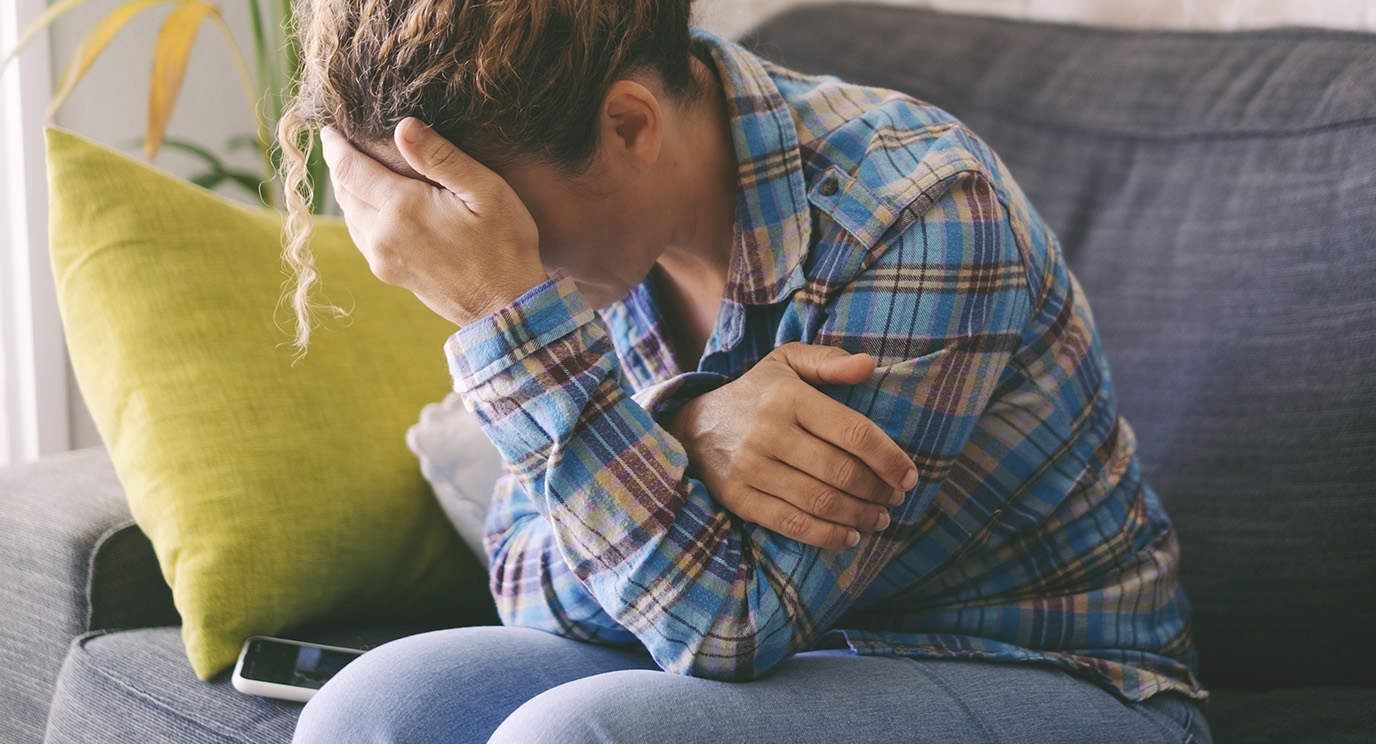- Diseases
- Acoustic Neuroma (16)
- Adrenal Gland Tumor (24)
- Anal Cancer (70)
- Anemia (2)
- Appendix Cancer (18)
- Bile Duct Cancer (26)
- Bladder Cancer (74)
- Brain Metastases (28)
- Brain Tumor (234)
- Breast Cancer (726)
- Breast Implant-Associated Anaplastic Large Cell Lymphoma (2)
- Cancer of Unknown Primary (4)
- Carcinoid Tumor (8)
- Cervical Cancer (164)
- Colon Cancer (168)
- Colorectal Cancer (118)
- Endocrine Tumor (4)
- Esophageal Cancer (44)
- Eye Cancer (36)
- Fallopian Tube Cancer (8)
- Germ Cell Tumor (4)
- Gestational Trophoblastic Disease (2)
- Head and Neck Cancer (14)
- Kidney Cancer (130)
- Leukemia (342)
- Liver Cancer (50)
- Lung Cancer (286)
- Lymphoma (278)
- Mesothelioma (14)
- Metastasis (30)
- Multiple Myeloma (100)
- Myelodysplastic Syndrome (60)
- Myeloproliferative Neoplasm (6)
- Neuroendocrine Tumors (16)
- Oral Cancer (102)
- Ovarian Cancer (178)
- Pancreatic Cancer (160)
- Parathyroid Disease (2)
- Penile Cancer (14)
- Pituitary Tumor (6)
- Prostate Cancer (150)
- Rectal Cancer (58)
- Renal Medullary Carcinoma (6)
- Salivary Gland Cancer (14)
- Sarcoma (238)
- Skin Cancer (300)
- Skull Base Tumors (56)
- Spinal Tumor (12)
- Stomach Cancer (66)
- Testicular Cancer (28)
- Throat Cancer (92)
- Thymoma (6)
- Thyroid Cancer (100)
- Tonsil Cancer (30)
- Uterine Cancer (86)
- Vaginal Cancer (18)
- Vulvar Cancer (22)
- Cancer Topic
- Adolescent and Young Adult Cancer Issues (22)
- Advance Care Planning (12)
- Biostatistics (2)
- Blood Donation (18)
- Bone Health (8)
- COVID-19 (360)
- Cancer Recurrence (120)
- Childhood Cancer Issues (120)
- Clinical Trials (628)
- Complementary Integrative Medicine (22)
- Cytogenetics (2)
- DNA Methylation (4)
- Diagnosis (238)
- Epigenetics (6)
- Fertility (62)
- Follow-up Guidelines (2)
- Health Disparities (14)
- Hereditary Cancer Syndromes (128)
- Immunology (18)
- Li-Fraumeni Syndrome (8)
- Mental Health (122)
- Molecular Diagnostics (8)
- Pain Management (62)
- Palliative Care (8)
- Pathology (10)
- Physical Therapy (18)
- Pregnancy (18)
- Prevention (936)
- Research (390)
- Second Opinion (78)
- Sexuality (16)
- Side Effects (616)
- Sleep Disorders (10)
- Stem Cell Transplantation Cellular Therapy (216)
- Support (408)
- Survivorship (328)
- Symptoms (182)
- Treatment (1788)
Coping with burnout: 3 steps to get started
5 minute read | Published May 10, 2021
Medically Reviewed | Last reviewed by an MD Anderson Cancer Center medical professional on May 10, 2021
Burnout is the combination of exhaustion, detachment and cynicism that can sometimes develop when we’re faced with unrelieved stress over a long period of time.
People usually talk about burnout in the workplace, but everyday factors can contribute to it, too. That includes ongoing financial struggles and chronic tension in personal relationships – and now living through the COVID-19 pandemic. Throw in a cancer diagnosis and some level of burnout is almost inevitable – whether you’re a patient or a caregiver.
So, how do you prevent burnout if you haven’t reached that point yet? And how can you find some relief if you’re already burned out? Here’s a three-step guide to get you started.
1. Recognize signs of burnout
There are many degrees of burnout, and they look different for everybody. Some people don’t even realize they’re burned out until they’re right in the thick of it. So, the first step is to recognize that it’s occurring, and put a word to it so you can start taking steps to reverse it.
Burnout may appear in physical, mental or emotional ways. But one of its hallmarks is a feeling of just being “over it.” You might not care as much about things as you used to, or you may just want a particular thing or situation to be done and over with. It’s actually similar to the concept of “senioritis,” which affects some people during their final semester of schooling.
Other signs of burnout can include:
- EMOTIONAL: Feeling angry, anxious, depressed, resentful or stressed; avoiding or dreading certain tasks, people or situations
- MENTAL: Having difficulty concentrating or finishing projects
- PHYSICAL: Headaches, or an overall feeling of tension in your body
2. Normalize burnout
There’s no doubt that this past year has set the stage for widespread burnout. The combination of financial hardship, social isolation and resource depletion has hit many people very hard.
So, try to be gentle with yourself if you’re feeling overwhelmed or exhausted, too. Experiencing burnout doesn’t make you a bad person — it just makes you human.
3. Reverse feelings of burnout
Everybody’s situation is different, so there’s not going to be any one-size-fits-all fix. But think about the resources you have available, and come up with an action plan that works for you. Consider using SMART goals. Here are some things to try:
- Improve your sleep habits: Sleep deprivation can contribute significantly to burnout. Getting enough sleep can play a huge role in counteracting that. Use these tips to help you sleep better, and aim for 7-9 hours a night.
- Find emotional outlets: Schedule regular opportunities to talk to someone else about your problems. It could be a friend, a loved one, a therapist, a spiritual advisor, or a support group. Just knowing you’re not the only one who’s struggling can sometimes provide much-needed encouragement.
- Limit negativity in your life: Some people say that “misery loves company.” But I say, “Misery loves miserable company.” It’s good and healthy to get your feelings out. But surrounding yourself with people who vent constantly is probably not going to be very helpful.
- Clean off your plate: It’s easy to feel overwhelmed when your to-do list is growing faster than you can scratch things off of it. But take a few minutes to examine it critically every now and then. Which deadlines are artificial or arbitrary? And how much of the pressure to get them done is self-imposed? Is there anything that can wait a few more days, be delegated to someone else, or even be removed entirely? Clean off your plate as much as possible to give yourself some breathing room.
- Feed your soul with mental escapes: Give yourself a mental vacation by thinking about the things you were passionate about in the Before Times. Read a book, watch a funny movie or comedy routine, or visit an art gallery online. Do as many of those things as you can to help yourself reset.
- Try a change of scenery: Identify activities that can physically remove you from the source of your burnout, even if it’s only for five minutes a day. Then, do them. Grab a cup of coffee from a kiosk, take a walk in the park, or go birdwatching in your neighborhood to decompress. Whether you’re a patient or a caregiver, getting out of the cancer world even for a single day can make a huge difference in your morale.
- Try small indulgences: Self-care doesn’t have to be elaborate or expensive to be effective. So, trade pedicures with your teenager, ask your spouse to trade massages, or take a bubble bath alone by candlelight.
- Get some exercise: Recruit a friend to go walking or biking with you, or open the windows and take virtual workout classes. Exercise releases endorphins, which reduces stress and helps you feel better naturally.
- Schedule guided relaxation: Set aside some time each week to practice yoga, meditation or whatever mindfulness method helps you unplug and shed stress.
- Watch your cravings: When people are stressed, they tend to crave things that aren’t very helpful, like excess carbs, sweets or fatty foods. They also tend to drink alcohol and smoke more. In the moment, these behaviors may seem like they’re helpful, but in the long run, they’re really not. Recognize these cravings and, when you notice them, reach for a piece of fruit, go for a walk, or phone a friend instead.
- Engage in positive self-talk: Many people have a critical voice in their head that makes them feel bad about certain things. So, when you notice your inner-monologue taking this route, interrupt it and contradict it with more positive messages like, “Good enough is good enough. It doesn’t all have to be perfect. Even Bs still get degrees. You don’t have to be the best friend to everybody.”
The most important thing to remember about burnout is that you don’t have to face it alone. Talk to your doctor if you have any concerns. MD Anderson patients and caregivers can also ask for a referral to one of our social work counselors or psychiatrists. The one thing we don’t want people to do is stop their cancer treatments due to burnout, so notify your care team if you’re struggling.
And, if you or someone you know is in danger of hurting themselves, please call the National Suicide Prevention Hotline at (800) 273-8255 immediately. Counselors are available seven days a week, 24 hours a day, and offer free and confidential support.
Request an appointment at MD Anderson online or by calling 1-877-632-6789.

You don’t have to face it alone.
Catherine Powers-James, Ph.D.
Psychologist





